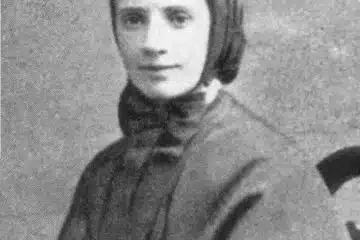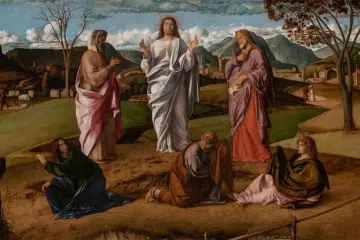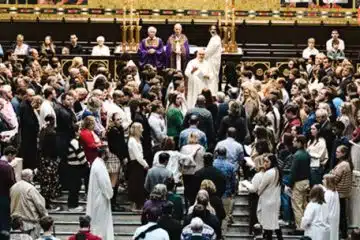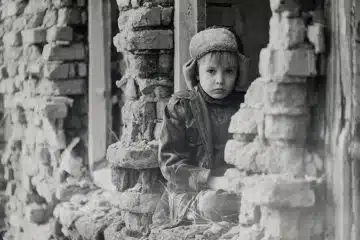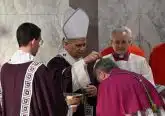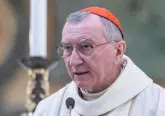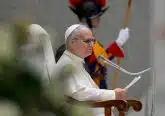Pope at Audience: There is no cry God does not hear
By Christopher Wells
Pope Leo XIV used his catechesis at Wednesday’s General Audience to highlight “another essential aspect of the life of Jesus, namely, His healings.”
The Holy Father reflected on the Gospel account of the healing of a blind man, Bartimaeus, who cried out to Jesus as He passed through the city of Jericho on the way to Jerusalem.
Their meeting place, the Pope said, was significant, as Jesus was beginning His journey below sea level and ascending to the Holy City. Jesus’ journey prefigures His passage to the underworld, where He went after His death “to bring back that Adam who fell to the bottom and represents each of us.”
The name of the blind man, Bartimaeus, is likewise significant as representing one who has failed to live up to his calling. The Pope noted that the name can be interpreted as “son of honour or admiration,” whereas the blind man has been reduced to begging by the side of the street.
Pope Leo emphasized that Bartimaeus knows how to cry out for help, even when reproached by the crowd; and, although he is blind, “he sees better than others because he recognizes who Jesus is.”
Jesus responds to his cry because, as the Pope reminded us, “There is no cry that God fails to hear, even when we are not aware we are addressing Him.”
However, the Pope noted, Jesus does not go to Bartimaeus but calls him to Himself. Bartimaeus, for his part, must “cast off his cloak,” giving up his security in order to allow himself to be healed.
“Many times, it is precisely our securities that stand in our way” Pope Leo said. Like the blind man, we must appear before Christ with all our vulnerabilities exposed; “this is a fundamental step in any journey of healing.”
Finally, the Holy Father draws attention to Jesus’ question, “What do you want Me to do for you”; and Bartimaeus’ response: “Let me recover my sight.” His answer, which can also mean “to look up,” shows that the blind man desires not only to see again, but to “regain his dignity.”
“At times,” Pope Leo said, “people are stuck because life has humiliated them, and they just want to find their worth again.”
He recalled that, like Bartimaeus, we are all saved by faith. “Jesus heals us so that we can become free. And though the Lord does not call Bartimaeus to follow Him, he freely choses to do so, “to follow Him Who is the Way!”
Pope Leo concluded his catechesis by inviting the faithful to confidently place before Jesus our own infirmities, those of our loved ones, and the pain “of those who feel lost and without a way out.”
“Let us cry out for them, too,” he said, in the certitude “that the Lord will hear us and stop.”




